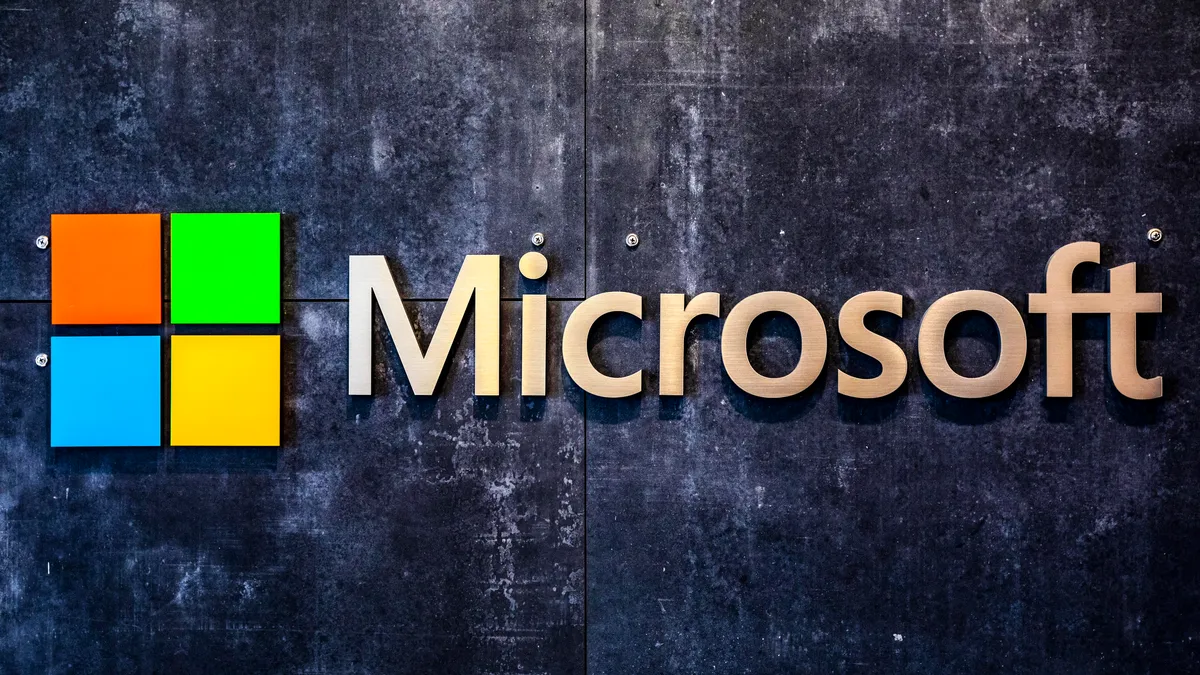Microsoft has announced that it would be investing "multi-year, multi-billion dollars" into OpenAI, the firm behind art and text-creating AI systems, including ChatGPT, DALL-E 2, and GPT-3. OpenAI claims it would utilise the newly acquired funds (the precise sum was not released) to maintain its autonomous research and development of AI that is "safe, helpful, and powerful."
Things aren't looking good for Microsoft after the company announced layoffs of 10,000 workers last week as part of a larger effort to reduce costs. Microsoft CEO Satya Nadella had already signalled these intentions in an interview with The Wall Street Journal last month, saying that the firm intended to make OpenAI's core tools accessible as commercial platforms that any organisation in any field could use.
See also: Anonymous bidder pays $28 million for space flight with Jeff Bezos
What Does The New Investment Entail?
Under the terms of the new investment agreement with Microsoft, OpenAI will continue to operate as a for-profit enterprise with profit caps. Under the plan, investors may make at most 100 times their initial investment (potentially less in the future).
To speed up OpenAI's AI research and connect OpenAI's AI systems with its products while "implementing new categories of dynamic content," Microsoft said in a blog post that it would expand its investments in implementing specialised high-performance computing systems. Workloads for OpenAI's research, products, and API services will continue to be powered by Microsoft's Azure cloud platform.
OpenAI's language AI technology was speculated to be coming to Microsoft's Word, PowerPoint, and Outlook, and a ChatGPT interface with Bing search results was also in the works. Copilot, an AI system that generates code, was created and released by Microsoft-owned GitHub a few years ago. For example, Microsoft has integrated OpenAI advancements like GPT-3 and DALL-E 2 into their Power Apps, Microsoft Edge, and the upcoming Designer.
This is a continuation of Microsoft's and OpenAI's long-standing partnership. To "further enhance" OpenAI's large-scale AI capabilities, Microsoft stated in 2019 that it would spend $1 billion on OpenAI (approximately half in the form of Azure credits). In return for Microsoft's assistance in developing its next-generation computing hardware, OpenAI licensed some of its intellectual property that it would then market and sell to partners. OpenAI promised to train and run AI models on Azure.
Microsoft’s Azure-Hosting OpenAI
Microsoft announced its Azure-hosted, OpenAI-codesigned supercomputer, which at the time was one of the most powerful computers in the world, a year later. Microsoft followed this up in 2021 with the release of the Azure OpenAI Service, a product aimed at providing businesses with easy access to OpenAI's AI systems like GPT-3, along with additional protections like security, compliance, and governance.
According to The New York Times, between 2019 and early 2023, Microsoft poured another $2 billion towards OpenAI. The internet giant also became a major investor in OpenAI's Startup Fund, a program that incubates startups and technologies related to artificial intelligence.
In a statement, Nadella said that Microsoft's collaboration with OpenAI was motivated by the two organisations' "same desire to responsibly promote cutting-edge AI research and democratise AI as a new technology platform." We are excited to enter the next chapter of our cooperation with Azure, which will provide developers and businesses across sectors with access to the greatest AI infrastructure, models, and toolchains.
Previously, it was rumoured that Microsoft was trying to acquire a 49% share in OpenAI for around $29 billion. As described by Semafor, one plan calls for Microsoft to earn 75% of OpenAI's income until it recoups an investment of up to $10 billion, with other investors such as Khosla Ventures receiving 49% and OpenAI maintaining the remaining 2% in the stock.
There is a lot of pressure on OpenAI to make money from services like ChatGPT. Even with the billions of dollars already spent, the business only expects to generate $200 million in 2023 through licensing and premium goods like ChatGPT Professional.
Featured image: Microsoft
Subscribe to Whitepapers.online to learn about new updates and changes made by tech giants that affect health, marketing, business, and other fields. Also, if you like our content, please share on social media platforms like Facebook, WhatsApp, Twitter, and more.

